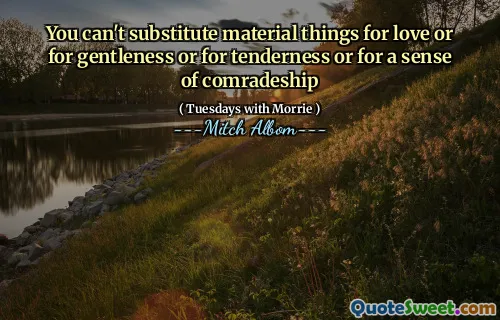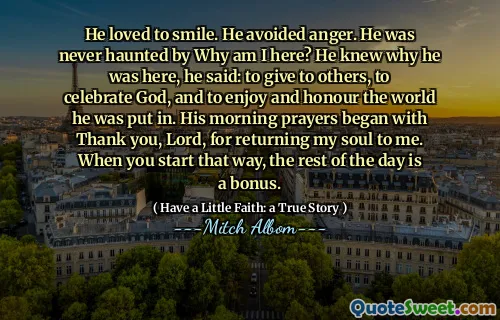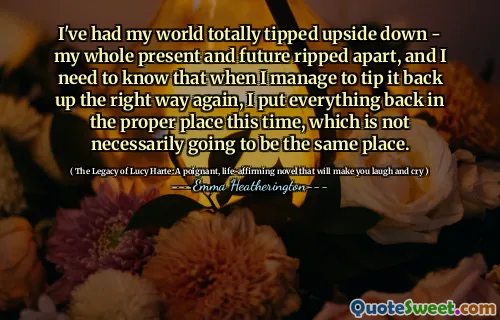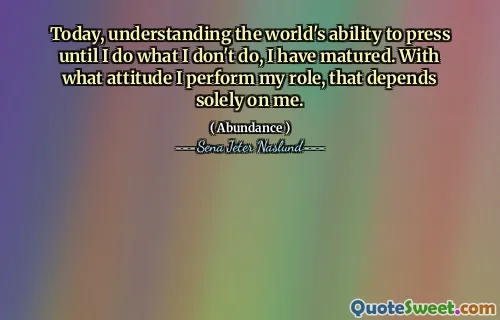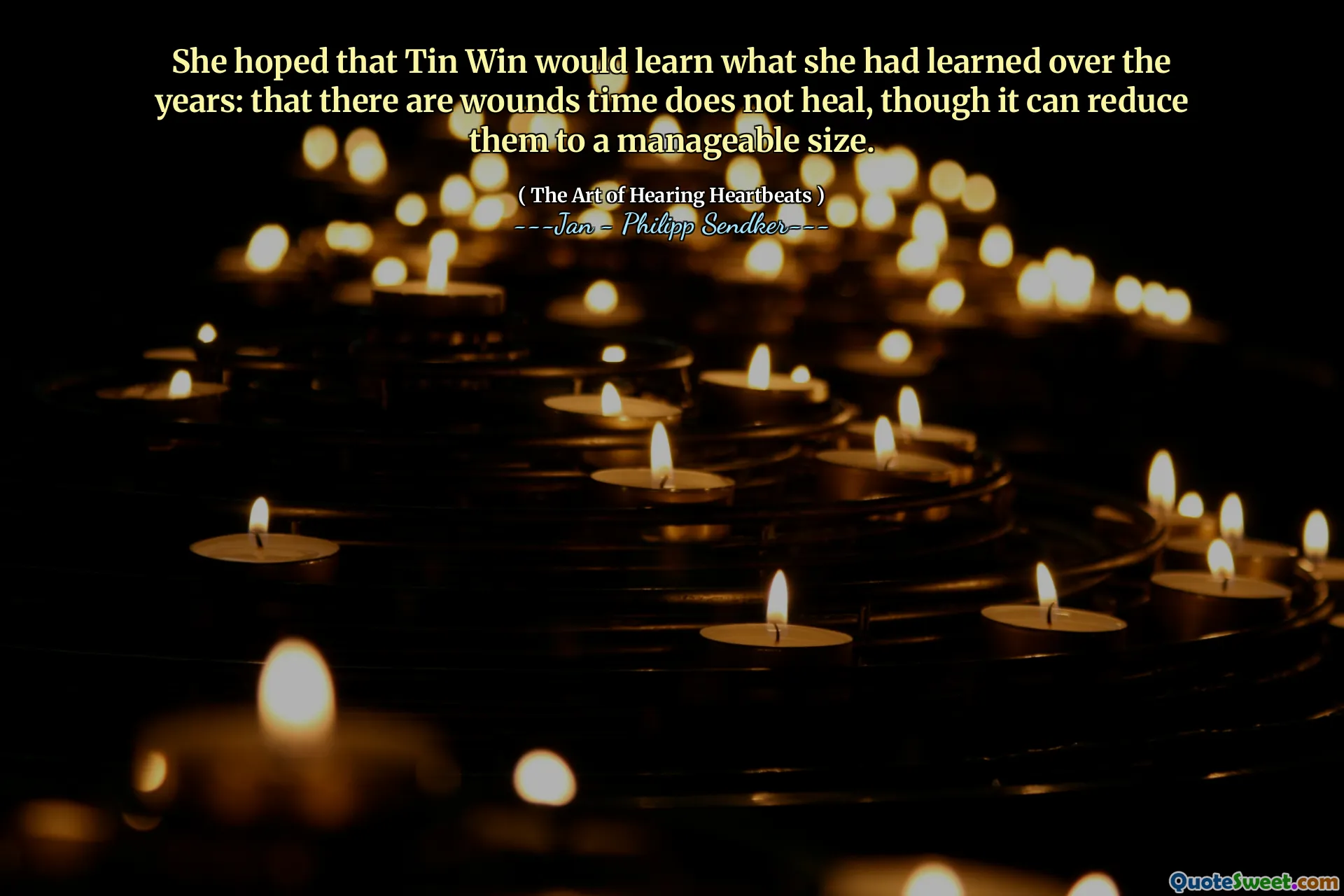
She hoped that Tin Win would learn what she had learned over the years: that there are wounds time does not heal, though it can reduce them to a manageable size.
This quote resonates deeply with the nuanced understanding of emotional pain and healing. Often, society perpetuates the notion that time is a magical healer, capable of erasing all scars. However, this sentiment challenges that simplistic view by acknowledging that certain wounds—whether emotional, psychological, or spiritual—do not completely disappear. Instead, time acts as a gentle cushion, dulling the sharpness of pain and reducing its immediacy. The idea that pain can be reduced to a "manageable size" rather than fully eliminated is a mature and realistic approach to human suffering. It invites us to embrace healing as a process of adaptation and resilience rather than outright forgetting or forgetting. This draws attention to the complexity of human experiences, where the past invariably colors our present, but need not dominate it. The quote also contains a hopeful dimension; by managing pain rather than being consumed by it, individuals can regain control and continue to grow. This perspective is empowering, especially for those grappling with long-term trauma or loss. In the context of the book "The Art of Hearing Heartbeats," this insight fits well with themes of love, memory, and acceptance. The hope expressed toward Tin Win suggests a universal desire to transcend suffering through understanding and patience. Ultimately, this quote invites reflection on the ways we cope with pain, subtly prompting us to acknowledge that healing is not about erasure but about finding peace within our scars.

